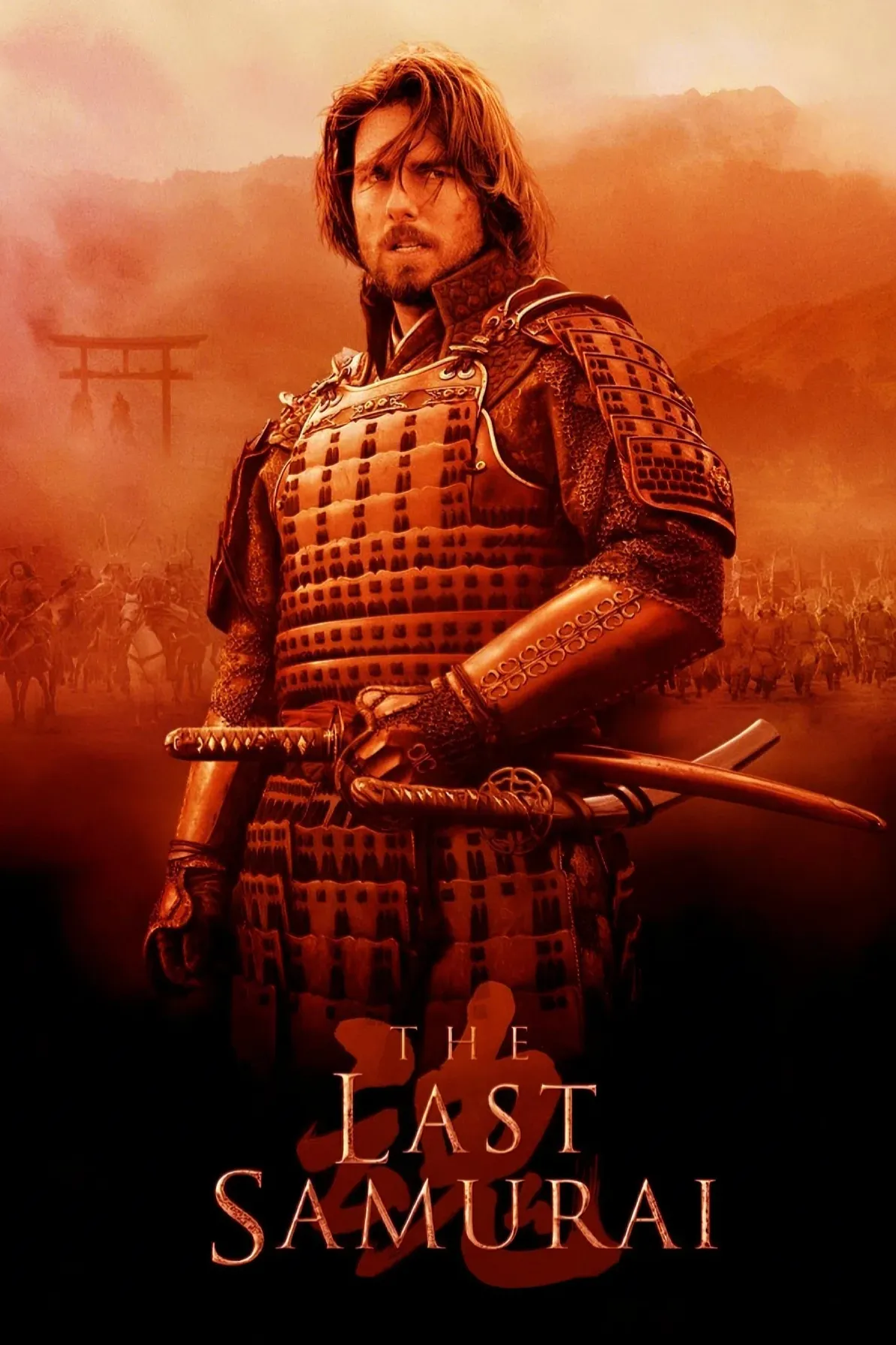The Last Samurai (2003)
The Last Samurai (2003), directed by Edward Zwick, is an epic historical drama that follows the transformation of an American soldier, Captain Nathan Algren, played by Tom Cruise, as he becomes intertwined with the vanishing world of the samurai in 19th-century Japan. The film is set during the Meiji Restoration, a time when Japan was transitioning from a feudal society into a modernized nation. Algren, a former Union Army officer, is hired by the Japanese government to train the newly-formed imperial army in Western military tactics in their effort to suppress a growing samurai rebellion led by Katsumoto (Ken Watanabe). Algren, a man haunted by his experiences in the American Indian Wars, is reluctant to take the assignment but is financially driven to do so. After being captured in battle, Algren is brought to the samurai stronghold, where he gradually begins to understand their way of life, their honor, and their commitment to preserving their ancient traditions. The film then shifts focus to Algren’s internal transformation as he spends time with Katsumoto and the samurai in their secluded village. Initially, Algren views the samurai as antiquated warriors who are holding onto an old world that is no longer practical in the face of modernization. However, as Algren witnesses their discipline, courage, and deep sense of honor, he begins to admire them and their way of life. His time spent with the samurai is marked by a profound journey of self-discovery as he grapples with his own personal demons, including his guilt over his actions during the American Indian Wars. Algren forms a strong bond with Katsumoto, who shares a similar sense of conflict as he struggles to protect the samurai code and his people’s way of life from being overrun by Western influences. Throughout this period, Algren’s character evolves from a cynical and broken man to someone who finds purpose and redemption in embracing the samurai’s values of honor, respect, and loyalty.

As the film progresses, the conflict between the old world represented by the samurai and the modernizing forces of Japan intensifies. The imperial army, under the direction of the Japanese emperor and led by an ambitious general, is determined to crush the samurai rebellion and fully embrace Western military practices. Algren, now fully integrated into the samurai culture, becomes a crucial figure in the rebellion. The tension builds as the samurai prepare for a final, decisive battle against the imperial army. The samurai, though vastly outnumbered and under-equipped compared to the imperial forces, fight with unyielding determination and a profound sense of honor. In the final battle, Algren and Katsumoto lead the samurai in a heroic but ultimately doomed charge. The battle represents the last stand of the samurai way of life against the unstoppable tide of modernization. In the end, despite their bravery, the samurai are defeated. Katsumoto is mortally wounded, but before his death, he passes on the mantle of their ideals to Algren, who returns to the imperial capital. Algren’s return symbolizes the passing of the samurai code into the modern world, as he strives to carry on their legacy of honor and sacrifice. The film concludes with Algren’s return to the samurai village, where he honors his fallen comrades by standing before their graves, symbolizing his own transformation and acceptance of their ways.

The Last Samurai is not only a visually stunning film that captures the conflict between tradition and modernity but also a powerful exploration of redemption, personal growth, and the costs of war. The narrative delves deep into the cultural clash between the Western world and the ancient traditions of Japan, focusing on the universal themes of loyalty, honor, and the struggle to preserve one's identity in the face of overwhelming change. Through Tom Cruise’s compelling performance as Algren and Ken Watanabe’s portrayal of the noble and conflicted samurai leader Katsumoto, the film highlights the enduring appeal of the samurai ethos. The action sequences are breathtaking, particularly the battle scenes that show the samurai’s martial skills and their unwavering commitment to their ideals, even in the face of certain defeat. Ultimately, The Last Samurai is a poignant tribute to the samurai and their code, and to the personal journey of a man who finds redemption through the very culture he initially sought to destroy.


-1742003781-q80.webp)

